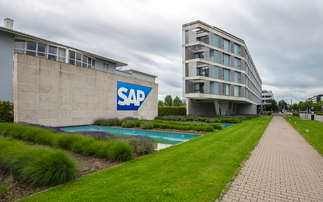A flick through the CRN archives shows how the channel has been influenced by politics over the past two decades
We're sure we don't have to tell you that the Channel Awards are less than one week away now. It may be hard to believe that when the awards were first born in 1994, John Major was prime minister w...
To continue reading this article...
Join CRN
- Enjoy full access to channelweb.co.uk - the UK’s top news source for the IT channel
- Gain the latest insights through market analysis and interviews with channel leaders
- Stay on top of key trends with the Insider weekly newsletter curated by CRN’s editor
- Be the first to hear about our industry leading events and awards programmes
Already a CRN member?








